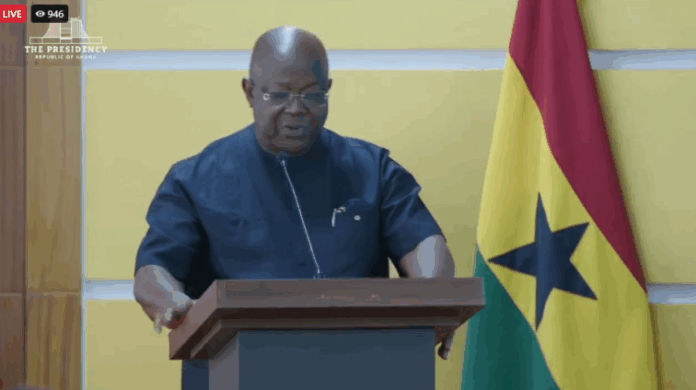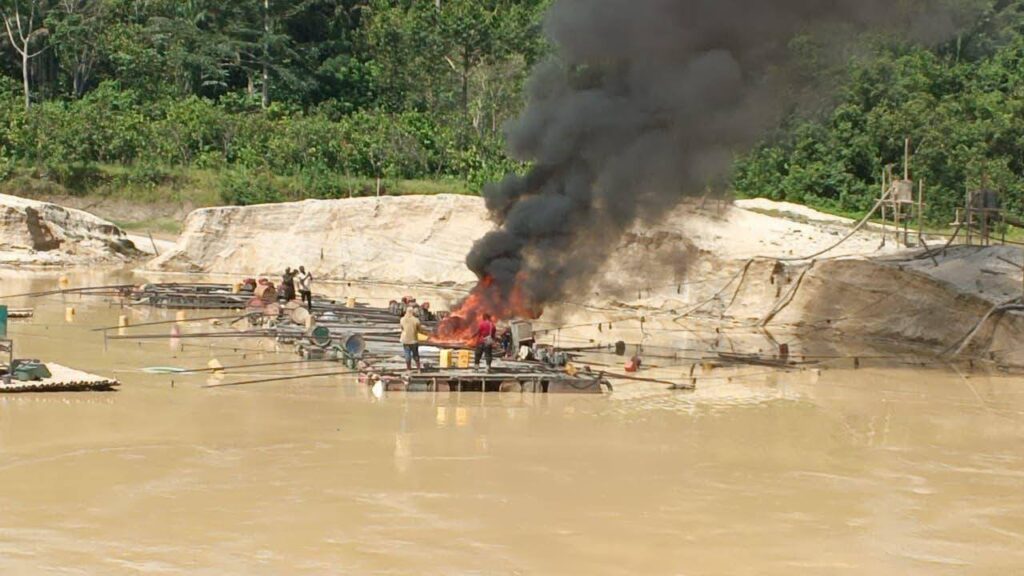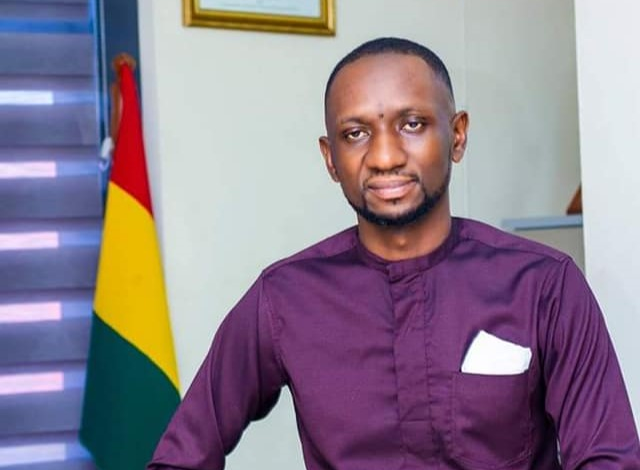The investigative committee that probed the August 6 helicopter crash has ruled out claims of a mid-air explosion, confirming that the blast occurred only upon ground impact.

Presenting the findings on Tuesday, November 11, the committee’s leader, Captain (Rtd) Paul Forjoe, explained that the crash resulted from a sudden loss of altitude and lift caused by a powerful downdraft.
He noted that although the helicopter lacked some modern safety features, that alone could not be blamed for the accident.
“If you have all these other enhancements, the Air Force would be happy to have them because they know what it would help them do, and it will make our dignitaries much safer when they fly. But it doesn’t mean that because those enhancements were not there, that is why the accident happened; it would be wrong to say so.
“In terms of the explosion, there was no explosion before. The Z9 helicopter’s fuel tank is under where the passengers sit. It had been fuelled up well, so it was on impact that the explosion took place,” Captain Forjoe clarified.
The committee, which was established shortly after the crash, was tasked with determining the cause of the incident and recommending measures to prevent future occurrences. Its findings covered technical, operational, and environmental factors that contributed to the tragedy.
The crash involved a Harbin Z-9EH military helicopter (tail number GHF 631) operated by the Ghana Air Force. The aircraft departed from Accra at about 9:12 a.m. on an anti-illegal mining operation to Obuasi in the Ashanti Region before losing radar contact and crashing in the Adansi Akrofuom District.
All eight passengers and crew members on board were killed, including Defence Minister Dr Edward Omane Boamah, Environment Minister Ibrahim Murtala Muhammed, Acting Deputy National Security Coordinator Muniru Mohammed Limuna, and NDC Vice-Chair Samuel Sarpong. Others were Samuel Aboagye, a former parliamentary candidate, Squadron Leader Peter Bafemi Anala, Flying Officer Manaen Twum Ampadu, and Sergeant Ernest Addo Mensah.
The investigation, conducted under the supervision of National Security Coordinator Abdul-Osman Razak, was carried out in collaboration with the Ghana Air Force, the Ghana Civil Aviation Authority (GCAA), and international aviation experts.
As part of its safety recommendations, the committee emphasised the urgent need for the Ghana Air Force to acquire modern aircraft equipped with terrain avoidance warning systems and advanced navigation technologies.






No comment yet, add your voice below!